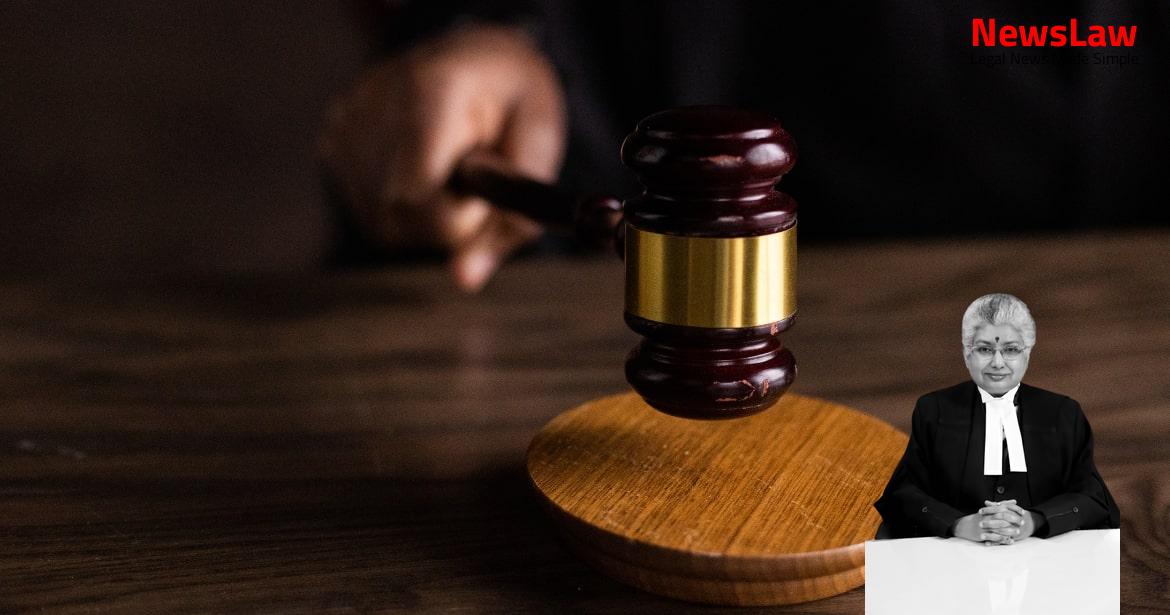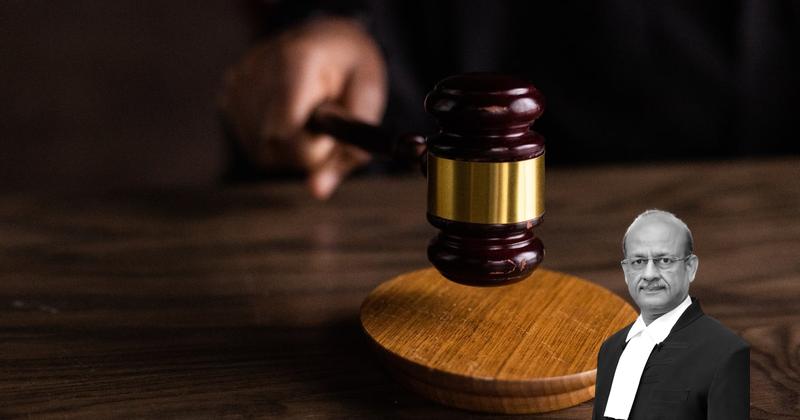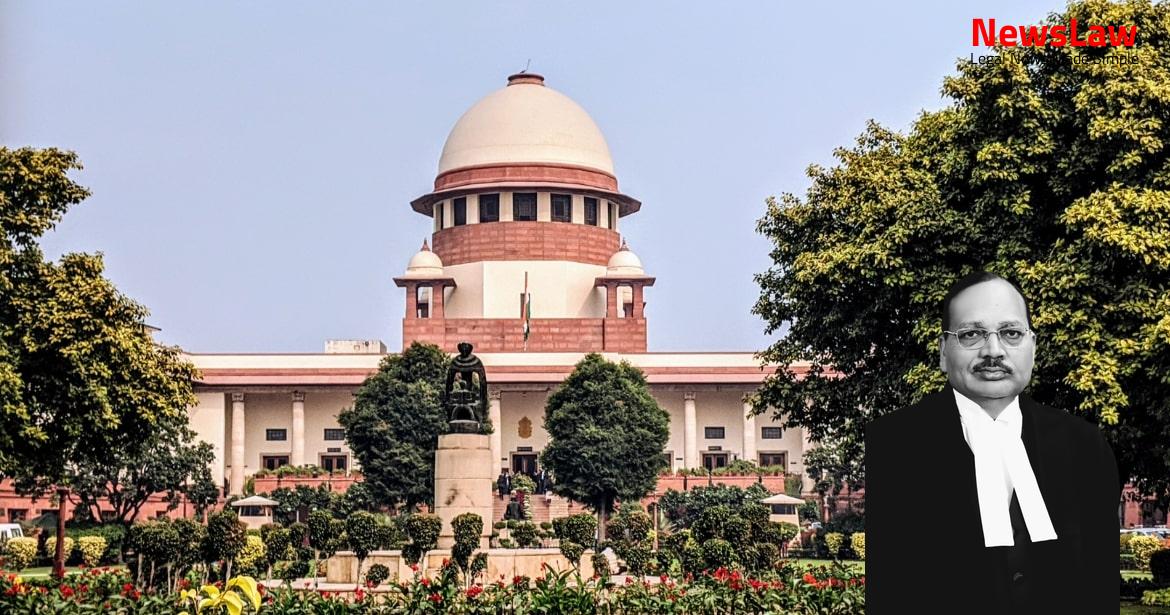In a recent legal case, the High Court’s analysis on quashing criminal proceedings under Sections 419 & 420 IPC sheds light on the essential elements of cheating as per the Indian Penal Code. The court’s thorough legal analysis provides crucial insights into the requirements for establishing offences under these sections. Stay tuned for a closer look at the court’s interpretation and its implications in the legal realm.
Facts
- The appellant has appealed against the High Court’s decision to dismiss the application to quash the chargesheet and proceedings in a criminal case.
- The chargesheet dated 05.2017 pertains to Case Crime No 153 of 2016 under Sections 419, 420, 323, 504 and 506 IPC.
- The case is pending in the Court of the Chief Judicial Magistrate, Azamgarh.
- The appellant, originally accused No 2, is aggrieved by the High Court’s decision.
- Respondent no.2 lodged an FIR against the appellant and her husband for various offences including cheating, assault, and criminal intimidation.
- The chargesheet was filed against the appellant and another person for the mentioned offences.
- The appellant filed a petition in the High Court under Section 482 Cr.P.C. to quash the chargesheet and criminal proceedings.
- The complainant alleged that the appellant’s husband took Rs.5,00,000 for employment assistance which was not fulfilled.
- Upon asking for the money back, the appellant assaulted the complainant, threatened false implications, and pushed him and his son out of her house.
- A case was registered against the appellant for the incident.
Also Read: Electoral Malpractices in Mayor Election
Arguments
- Learned counsel for the appellant argued that based on a plain reading of the FIR, chargesheet, and allegations, no case can be established against the appellant.
- The counsel contended that the criminal proceedings under Sections 419, 420, 323, 504, and 506 IPC should have been quashed by the High Court.
- The reliance was placed on the decisions in Prof. R.K. Vijayasarathy v. Sudha Seetharam (2019) 16 SCC 739 and Dr. Lakshman v. State of Karnataka (2019) 9 SCC 677.
- It was emphasized that even if the complaint’s averments do not fully meet the offence’s legal requirements, or fail to disclose the commission of an offence under IPC, the appellant cannot be held liable.
- Specifically, it was argued that the appellant cannot be charged for the offences under Sections 419 & 420 IPC.
- Nobody appears on behalf of respondent no.2 – complainant.
- Averments in the complaint and chargesheet do not constitute the elements necessary for the offence under Sections 419 & 420 IPC.
- Learned counsel for respondent-State unable to demonstrate how a case is made out against the appellant for the said offences.
- A case is suggested against the appellant for offences under Sections 323, 504 & 506 IPC.
Also Read: Balancing Power and Transparency: Electoral Bonds Struck Down, Disclosure Mandated
Analysis
- To constitute an offence under Section 420, two main ingredients must be present.
- The first requirement is the commission of the offence of cheating under Section 415.
- The second requirement is that the person cheated must be dishonestly induced to either deliver property or make alterations to valuable security.
- Allegations of inducement and payment of Rs.5,00,000 for a job are against the appellant’s husband, not the appellant herself.
- Fraudulent or dishonest inducement is necessary for the offence under Section 415 IPC.
- No allegations suggest the appellant induced the complainant or received the money in question.
- The complaint lacks essential elements of the offences under Sections 419 and 420 IPC.
- Cheating is a key component for an act to constitute an offence under Section 420 IPC.
- Cheating is defined under Section 415 of the IPC.
- Ingredients for constituting an offence of cheating include intentional inducement by deceiving a person
- The induced person should be induced to deliver property or consent for retention of property, or induced to do or omit something due to fraudulent or dishonest inducement
- A person who dishonestly induces another to deliver property is liable for the offence of cheating
- The essential ingredients of cheating are missing in the case
- High Court should have used its jurisdiction under Section 482 Cr.P.C. to quash the proceedings for offences under Section 419 & 420 IPC
- High Court correctly did not quash the proceedings for offences under Sections 323, 504 & 506 IPC
Also Read: Recall of Resolution Plan Approval: Legal Analysis
Decision
- The present appeal is allowed in part.
- The criminal proceedings against the appellant for the offences under Section 419 & 420 IPC are quashed and set aside.
- The criminal proceedings for the offences under Sections 323, 504 & 506 IPC shall be continued as per the chargesheet and disposed of in accordance with law.
Case Title: ARCHANA RANA Vs. THE STATE OF UTTAR PRADESH (2021 INSC 135)
Case Number: Crl.A. No.-000167-000167 / 2021



